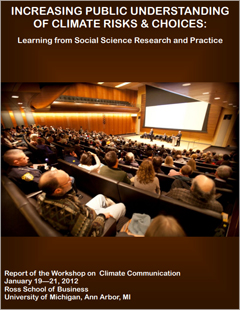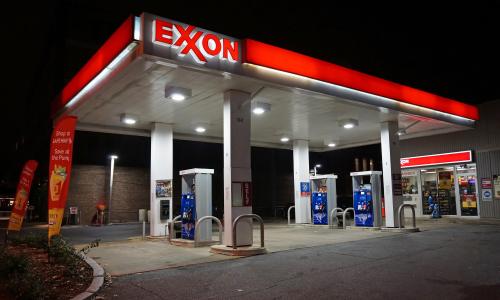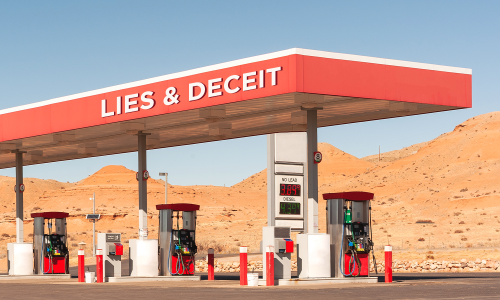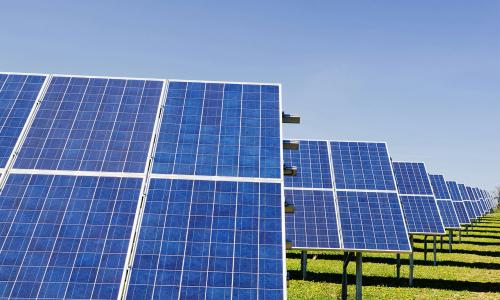To explore the underlying dynamics by which public opinion is formed and changes on climate change, the Union of Concerned Scientists and the Erb Institute for Global Sustainable Enterprise jointly convened an interdisciplinary workshop that took place January 19 - 21, 2012, at the University of Michigan's Ann Arbor campus.
One hundred and five social scientists, climate scientists, business leaders, political leaders, religious leaders, and other climate communication professionals gathered to share perspectives from experience and from the scholarly literature on the shaping of public opinion around climate change.
While the workshop was built upon the advances that physics, geochemistry, biology, and physical sciences have made in defining the causes of climate change and economics in defining its solutions, the meeting was predicated on the shared recognition that building shared understanding of climate risks and choices in the United States is now as much a psychological and social issue as it is a scientific issue. The contributions of the social sciences (psychology, sociology, political science and others) are increasingly vital to incorporate into the analysis of the debate.
The workshop focused the discussion on climate communication with diverse U.S. constituencies, and the challenge of building awareness among the disengaged and the unconvinced that climate change is occurring due to human causes, poses significant risks to our well-being, and can be addressed through changes in energy technologies, public policies, and the actions of individuals.
Specifically, the conversation addressed questions surrounding the processes of public opinion formation on climate change and approached these questions by considering (a) how social scientists can most effectively support climate communicators and (b) what insights from practice can inform ongoing social science research on climate communication.
The workshop report is designed to highlight four prevalent themes from the three days of discussion:
- We have a scientific consensus on climate change, but now a social consensus.
- Define the target audience for communication strategies.
- Meet the audience members where they are.
- Focus on risk versus rewards.
This report does not attempt to capture the full scope of ideas from the workshop, but instead seeks to advance this important discussion by drawing key elements of our dialogue upon which others may build.




